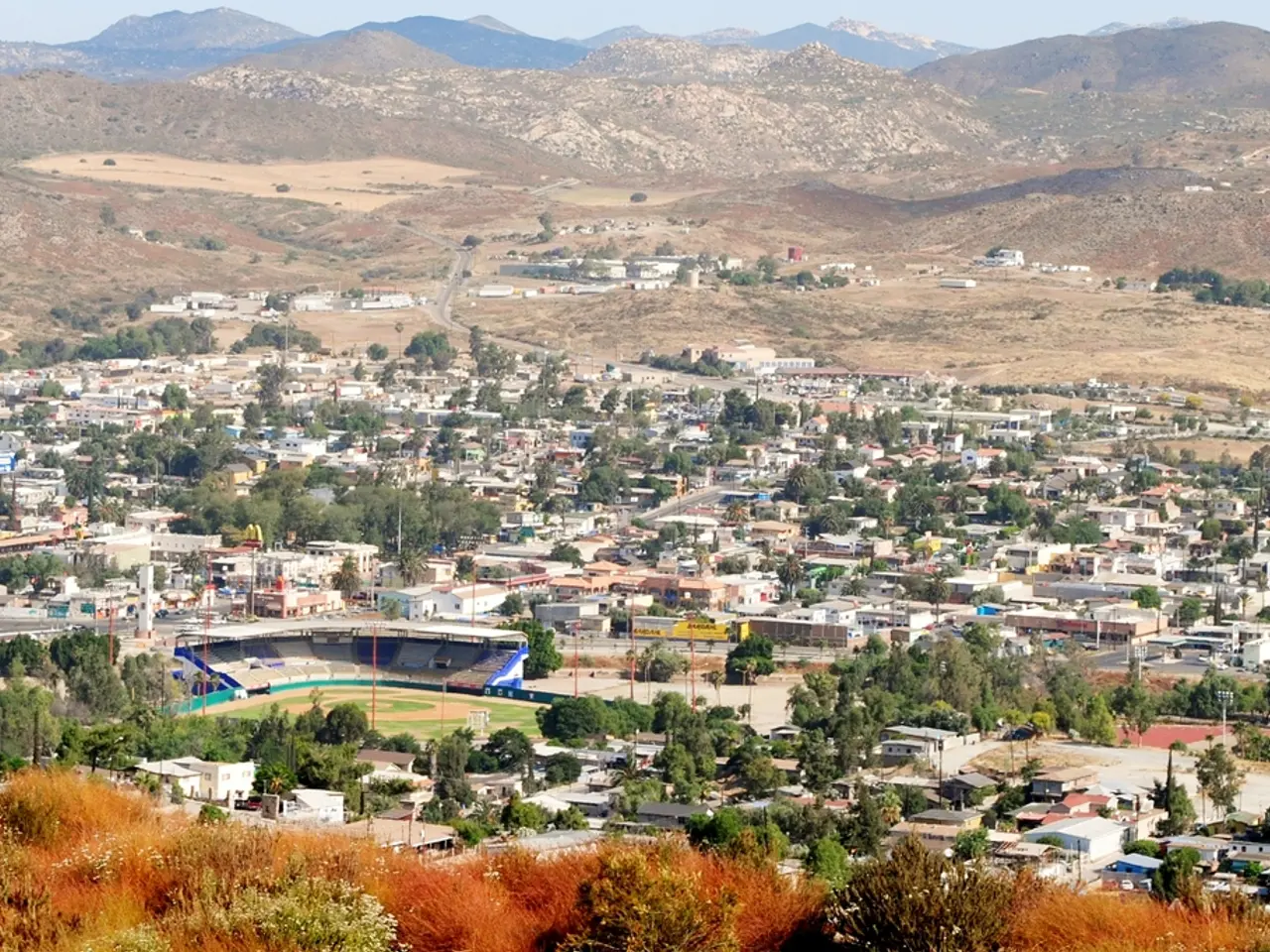Climate Change's Indications Through the Lens of 2022's Natural Calamities
In the year 2022, the effects of global warming were starkly evident across the globe. Here's a snapshot of some significant events that highlighted the urgency of addressing climate change.
Unprecedented heatwaves scorched various regions, including China, Europe, and south-west and central US states. The intense heat led to power cuts in China, causing persistent blackouts. Meanwhile, Europe witnessed record-breaking high temperatures, causing rivers like the Po in Italy and Rhine in Germany to dry up.
The Arctic and Greenland were not spared either. September 2022 saw record ice melt in the Arctic, affecting nearly 592,000 square kilometres of the ice sheet. Simultaneously, Greenland's ice sheet experienced extensive melting over the past ten years, resulting in a sea level rise of one centimetre. Worryingly, the melting of Greenland's ice sheet could potentially increase the sea level by a minimum of 27 centimetres (10.6 inches) in the future.
Climate change also contributed to the intensity of cataclysmic floods in Pakistan, affecting one-third of the fifth most populated nation on Earth. The floods exacerbated food insecurity in the country. Rising temperatures are believed to have increased the flood's intensity by up to 50%.
The west Antarctic ice sheet has already passed the tipping point, with significant losses and irreversible consequences now unavoidable. The melting of 110 trillion tonnes of ice from Greenland alone will have long-term effects, potentially impacting weather patterns and even the Amazon rainforest.
Hurricane Ian, a Category 4 storm, made landfall in Florida in September 2022, bringing catastrophic fury. The warming oceans caused by climate change played a role in increasing Hurricane Ian's intensity. This trend of stronger hurricanes is becoming more common, with an increasing number of tropical cyclones around the world experiencing "extreme rapid intensification."
The rates of intensification of cyclones have accelerated over the last 30 years, with cyclones strengthening more quickly by around 4mph every decade. This slow passage of storms, allowing them more time to strengthen and cause mass destruction, is another concerning aspect of climate change.
Despite contributing as little as 0.8% to global greenhouse gasses, Pakistan bears the most brunt of global warming. Weak governance and cooperation are major barriers to Pakistan's ability to adapt to climate change.
In 2022, the global mean temperature was estimated to be about 1.15C above pre-industrial levels. The UK broke its record for the hottest day ever in the same year. These figures underscore the need for urgent action to combat global warming.
In conclusion, the year 2022 served as a stark reminder of the devastating impacts of climate change. The events detailed here highlight the urgent need for global cooperation to address this pressing issue and mitigate its catastrophic consequences.








